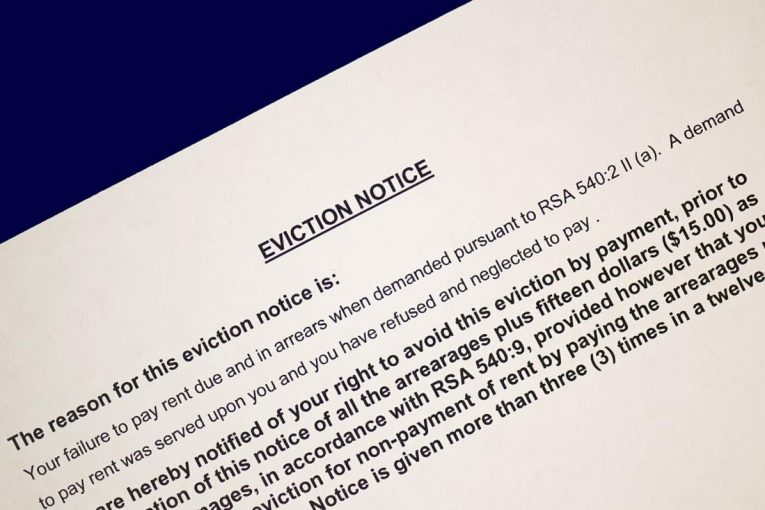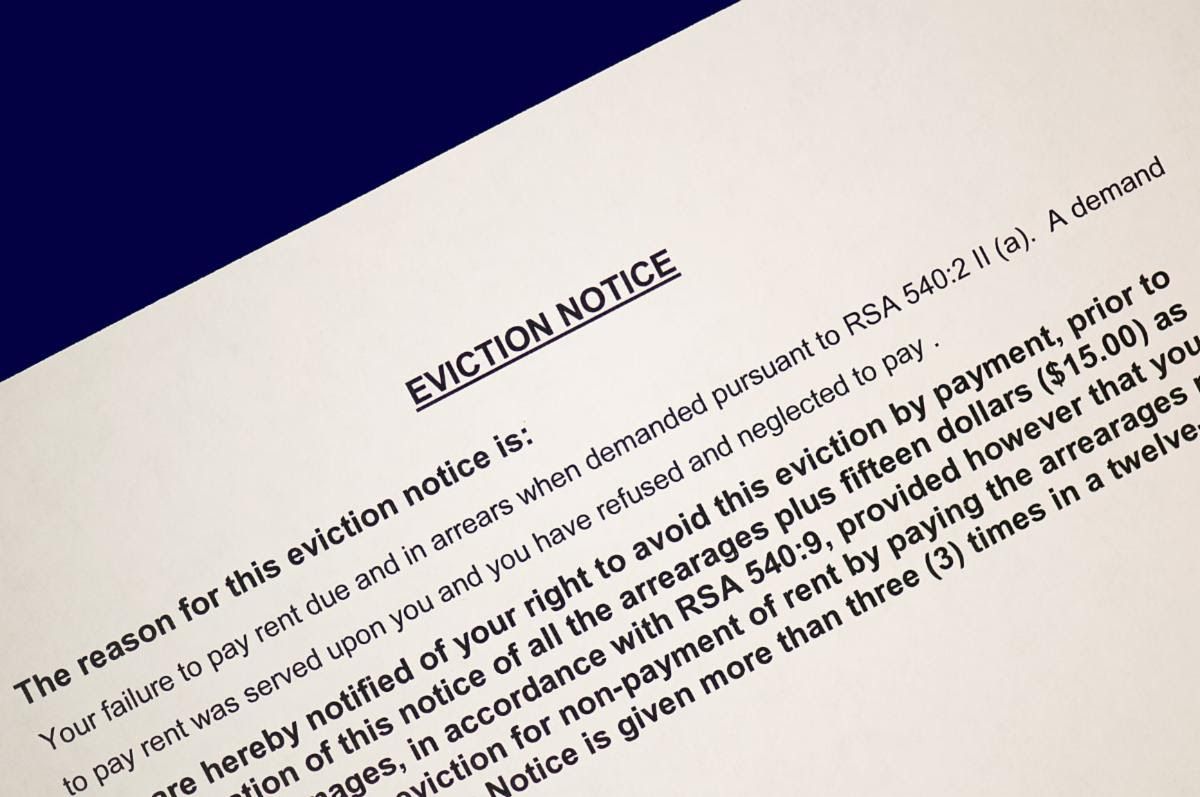

By Ivana Ramirez
California Governor Gavin Newsom struck a deal with state legislators to extend the eviction moratorium originally slated to end on January 31.
The deal, which allowed for the vote to pass the Senate without any opposition votes and the Assembly with only one, ensures that tenants and landlords alike are protected in the uncertainty of the pandemic. The extension allows for current provisions to continue through June 30.
Under the bill, tenants cannot be evicted as long as they pay 25 percent of their rent each month. If renters cannot do so, they may pay a lump sum to their landlord by the June 30 deadline.
Additional protections include extending the notice period for nonpayment of rent from 3 to 15 days, limiting public disclosure of eviction cases involving nonpayment of rent between March 4, 2020, and January 31, 2021, and protecting tenants against being evicted for “just cause” if the landlord is shown to be really evicting the tenant for Covid-19-related nonpayment of rent.
Typically, adjustments on housing and eviction policy fall in line with the state’s yearly budget negotiation in June. However, Newsom urged lawmakers to address this specific issue as it is directly affected by the pandemic.
This change came at a particularly critical time in California, as an eviction crisis would have indeed loomed on the horizon. Over 1.1 million California households throughout the pandemic fell behind on rent, with the total rent debt across the state standing at $400 million.
Currently, lawmakers are still figuring out ways to disperse the $2.6 billion in federal aid. In California, the money will be put toward a rent subsidy program to support both tenants and landlords during this time.
Under this program, landlords may opt to get a check for 80 percent of the rent they were owed between April 2020 and March 2021 on the condition that they forgive the other 20 percent and promise not to pursue eviction. If landlords decide against this option, but their tenants apply for assistance, the program would pay 25 percent of unpaid rent.
To explain the exigency of the bill, San Francisco Mayor London Breed said, “Protecting people from eviction has been critical from Day One of the COVID crisis when it became clear that this pandemic was going to threaten our residents and our economies like nothing we have ever seen.”
“People are living in fear of losing their homes because they have lost their jobs, seen their wages cut, or have been forced to close their businesses. I want to thank Governor Newsom for working with our Legislative leaders to pass AB 3088, especially our own Assemblymember David Chiu who has been an early and tireless fighter for tenants on this issue.”
The author of the original moratorium bill, Assemblyman David Chiu, released a statement saying, “The power imbalance between tenants and landlords is troubling as the amount of rental assistance a tenant receives is determined solely by the cooperation of their landlord.”
The power struggle between tenants and landlords existed long before the pandemic. Marking this dynamic is the fact that low-income renters and people of color disproportionately carry rent burdens, with 32 percent of low-income renter households falling behind on payments while Latino, Black, and Asian renters are two to three times more likely to be behind as white renters.
Despite this fact, landlords are still allowed to continue non-Covid related evictions like normal. Even tenants who were behind on the rent at any time before March 1 are allowed legally allowed to be evicted. Additionally, no-fault evictions are allowed — meaning that evictions, where the tenant is blameless in cases of owner move-ins, remodels, or demolitions, or taking the unit off the market, are legal.
After the moratorium expires and federal subsidy is applied, any remaining debts are converted to consumer debt collectible in small claims court. To levy these potential monetary losses, Newsom proposed a Golden State Stimulus, which provides Californians with an income of less than $30,000, a one-time check of $600, along with federal aid.
Last September, landlords sued California, LA County, and local cities over their losses during rent and eviction protection efforts. The grievances, which continue in light of the extended moratorium, emphasize that there are no “mortgage moratoriums” for landlords who still must pay money owed to lenders.
On this issue, Los Angeles Mayor Eric Garcetti said, “No one should lose their home due to this public health crisis — and while cities like Los Angeles have strong tenant protections in place, there is no substitute for a clear, statewide framework that keeps hard-hit Californians under a roof.”
“With the state legislature’s action and Governor Newsom’s signature, tenants and landlords can rest easier tonight, but the fight continues for every dollar in federal assistance to help struggling families survive the choppy waters of COVID-19 and navigate the economic destruction left in its wake.”
 Ivana Ramirez is a gap-year first year at Yale University. She is originally from Greenville, SC, and Santo Domingo, Dominican Republic.
Ivana Ramirez is a gap-year first year at Yale University. She is originally from Greenville, SC, and Santo Domingo, Dominican Republic.
To sign up for our new newsletter – Everyday Injustice – https://tinyurl.com/yyultcf9
